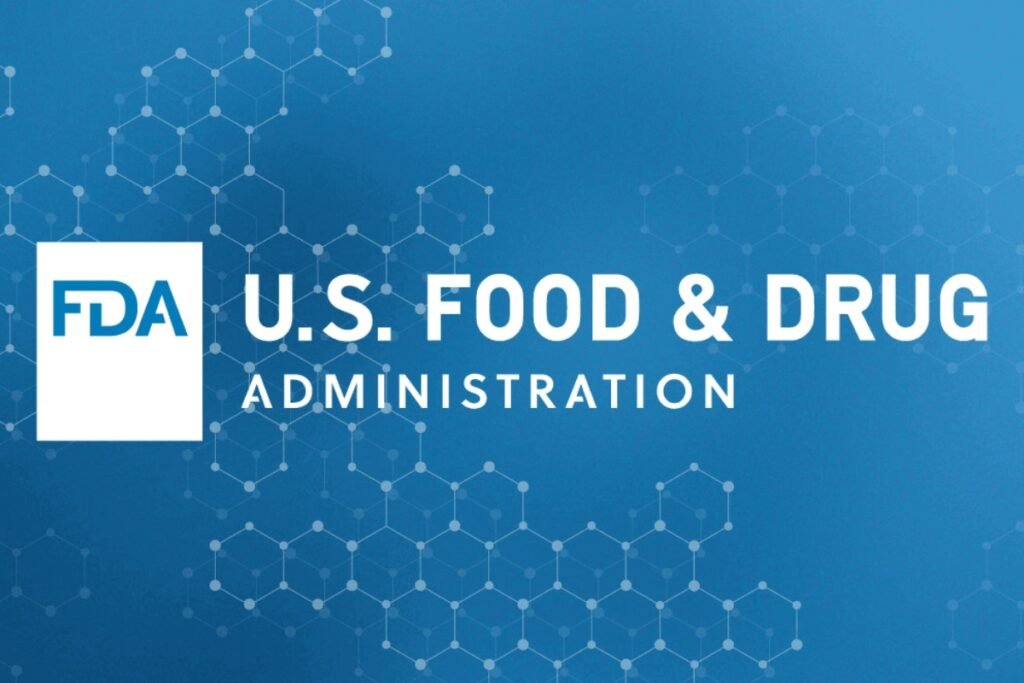Source – SpringWorks
According to SpringWorks Therapeutics on June 7, 2023, the FDA has extended the Prescription Drug User Fee Act decision date for the new drug application (NDA) seeking approval of Niroga Cestat for the treatment of adult patients with desmoid tumors by three months.
Based on the results of the Phase III DeFi study (NCT03785964), the FDA has previously granted priority review to the NDA and set an action date of August 27, 2023. In the trial, Niroga Cestat medication decreased the risk of disease progression or mortality in this patient population by 71% compared to placebo.
In response to initial information requests, the FDA later advised the medication developer that they required more time to evaluate the further analyses of the previously supplied data. It was found that the extra material represented a significant change to the application. The judgment date was postponed. Additionally, the FDA’s request does not include any new or additional results or research.
“We are confident that the comprehensive data from our phase 3 DeFi trial demonstrate the transformative benefits that Niroga Cestat can bring to people with desmoid tumors, who currently do not have an approved therapy. We remain committed to bringing this much needed therapy to patients and believe that our operational and manufacturing readiness positions us well to rapidly serve the desmoid tumor community following an approval.”
– Saqib Islam, chief executive officer of SpringWorks
Patients who had a histologically confirmed diagnosis of progressing desmoid tumors, were 18 years of age or older, had not previously received treatment for progressing disease, were not surgical candidates, or had refractory or recurrent disease after receiving at least one prior line of therapy were eligible to participate in the international, double-blind, randomized, Phase III trial.
Patients were randomly assigned in a 1:1 way after enrollment to receive either oral Niroga Cestat at 150 mg twice daily or a placebo twice daily, continuously administered as part of 28-day treatment cycles. Patients received therapy up to the trial’s end, clinical advancement, unacceptable toxicity, patient or investigator choice to withdraw, or another factor making it impossible for the patient to follow the protocol.
PFS was the study’s primary endpoint, with verified objective response rate (ORR) and changes from baseline at cycle 10 in a number of patient-reported outcome indicators serving as secondary endpoints. The study’s other endpoints evaluated safety.
The PFS data were generally consistent across subsets such as sex, tumor location, focality, treatment status, prior treatment, genetic mutational status, and history of familial adenomatous polyposis, according to additional trial data that were published in The New England Journal of Medicine.
The Kaplan-Meier-estimated median progression-free survival (PFS) among Niroga Cestat-treated patients (n = 70) could not be calculated due to a lack of events. The median PFS for those who received placebo (n = 72) was 15.1 months, whereas for those who received Niroga Cestat, the chance of remaining event-free at 1 year was 85% and 53% respectively. In addition, the chances for not experiencing an episode at 2 years were 76% and 44%.
A verified ORR of 41% following treatment with Niroga Cestat was achieved in comparison to 8% with placebo (P.001). Nirogacestat had a complete response rate of 7% while a placebo had a full response rate of 0%. The median duration to a verified first response was 5.6 months for the investigational arm and 11.1 months for the control arm, respectively. The median best percent drop in target tumor size was -27.1% (range, -100 to 37) versus 2.3% (range, -100 to 47).
Regarding safety, 100% of patients who received Niroga Cestat had any-grade adverse events (AEs), compared to 96% of individuals who received a placebo. In the Niroga Cestat arm, 55% of patients experienced grade 3 or higher adverse events (AEs), whereas 17% of patients in the placebo arm experienced the same.





























